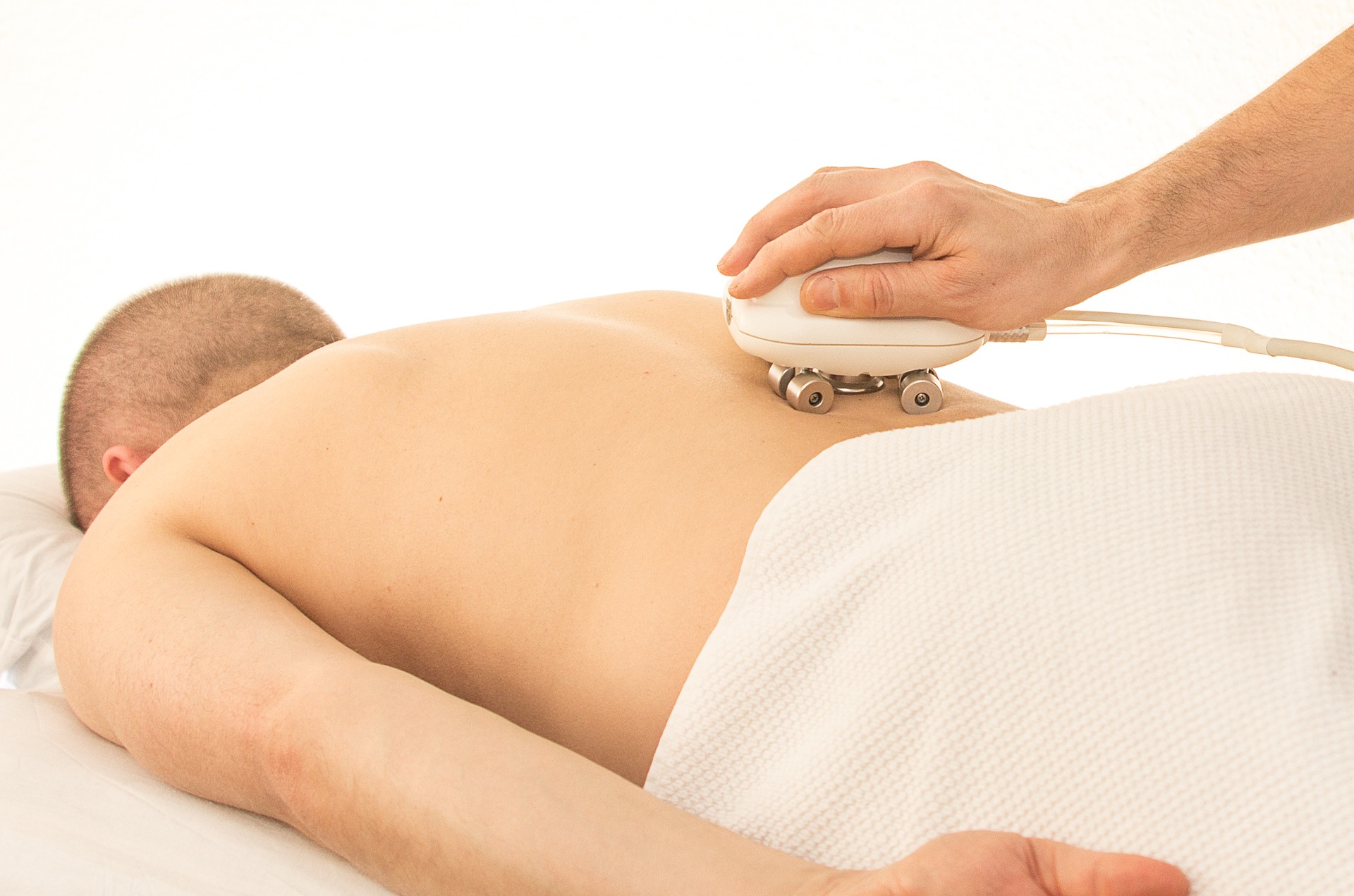
Sports injuries are a common occurrence for athletes, both professional and amateur. These injuries can sideline you and prevent you from participating in the sports you love. To help you stay in the game and prevent injuries, we have gathered some valuable tips from a sports injury specialist.
1. Warm-Up and Cool Down Properly
One of the most important things you can do to prevent sports injuries is to warm up properly before engaging in any physical activity and cool down after. Here are some tips:
Warm-Up:
- Start with a light aerobic activity to get your blood flowing.
- Follow up with dynamic stretches that mimic the movements you will be doing in your sport.
- Gradually increase the intensity of your warm-up to prepare your body for the activity ahead.
Cool Down:
- After your workout or game, finish with static stretches to help your muscles relax.
- Hydrate and refuel your body with a balanced snack to aid in recovery.
- Give yourself time to cool down gradually to prevent blood pooling in your extremities.
2. Listen to Your Body
Ignoring signs of fatigue or pain can lead to serious injuries. It is crucial to listen to your body and know when to rest or seek medical attention. Here are some signs to watch out for:
Signs of Overtraining:
- Constant fatigue or lack of energy
- Muscle soreness that does not go away with rest
- Decreased performance or lack of progress
Signs of Potential Injury:
- Sharp or shooting pain during activity
- Swelling or bruising in a specific area
- Limited range of motion or stiffness
3. Cross-Train and Strengthen Your Body
Building strength and flexibility in all areas of your body can help prevent imbalances that lead to injuries. Cross-training and incorporating strength training exercises into your routine can improve your overall performance and reduce the risk of injuries. Here are some tips:
Benefits of Cross-Training:
- Engaging in different types of activities can prevent overuse injuries.
- Improving overall fitness and conditioning.
- Enhancing skills that can transfer to your primary sport.
Strength Training Tips:
- Focus on compound movements that target multiple muscle groups.
- Include exercises that work on stabilizing muscles to improve balance and coordination.
- Consult a fitness professional to create a program tailored to your needs and goals.
4. Wear Proper Gear and Footwear
Having the right equipment can make a significant difference in preventing injuries and enhancing your performance. Here are some guidelines for selecting proper gear and footwear:
Sport-Specific Gear:
- Make sure you have appropriate padding and protection for your sport.
- Check that your gear fits properly and is in good condition.
- Replace worn-out equipment to maintain its effectiveness.
Footwear Tips:
- Choose shoes that provide adequate support and cushioning for your activity.
- Consider getting custom orthotics if you have specific foot issues or pronation.
- Rotate your shoes to prevent wear and tear and ensure proper cushioning.
5. Stay Hydrated and Fuel Your Body
Proper hydration and nutrition are essential for optimal performance and injury prevention. Dehydration can lead to muscle cramps, fatigue, and decreased coordination, increasing the risk of injuries. Here are some tips to keep you fueled and hydrated:
Hydration Tips:
- Drink water before, during, and after your workout or game.
- Monitor your urine color to ensure you are adequately hydrated (pale yellow is ideal).
- Consider electrolyte drinks for intense or prolonged activities to replenish lost minerals.
Nutrition Tips:
- Consume a balanced diet with a mix of carbohydrates, protein, and healthy fats.
- Plan your meals and snacks to fuel your activity levels and support recovery.
- Consult a sports nutritionist for personalized recommendations based on your sport and goals.
